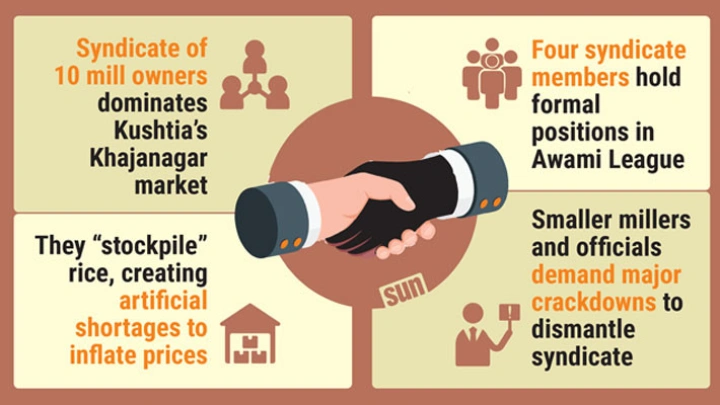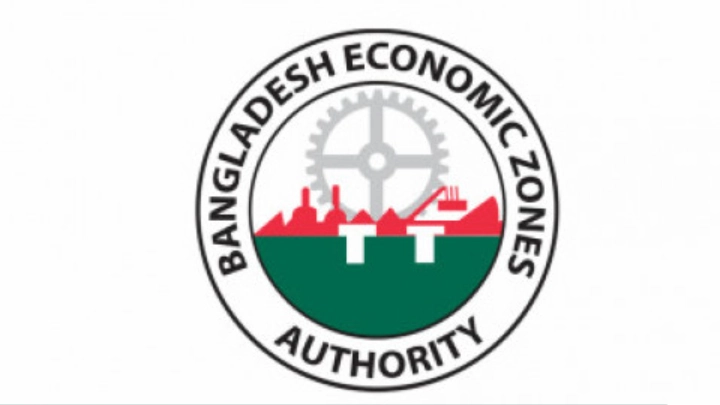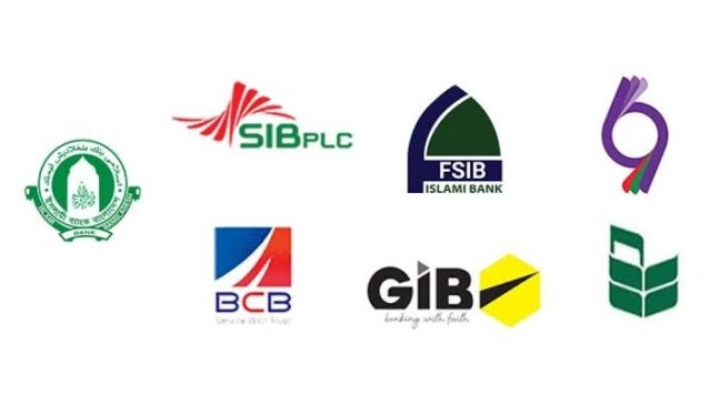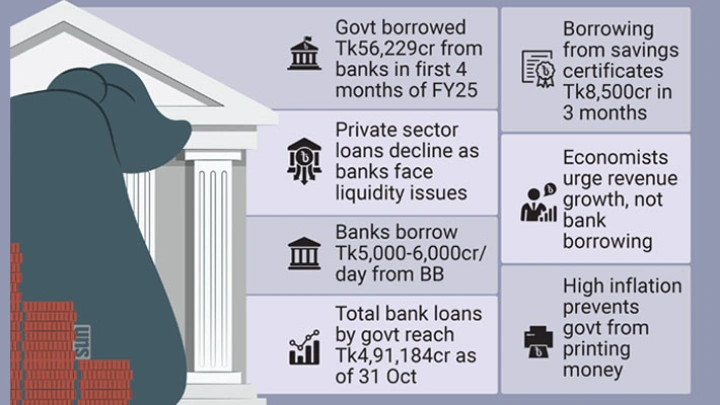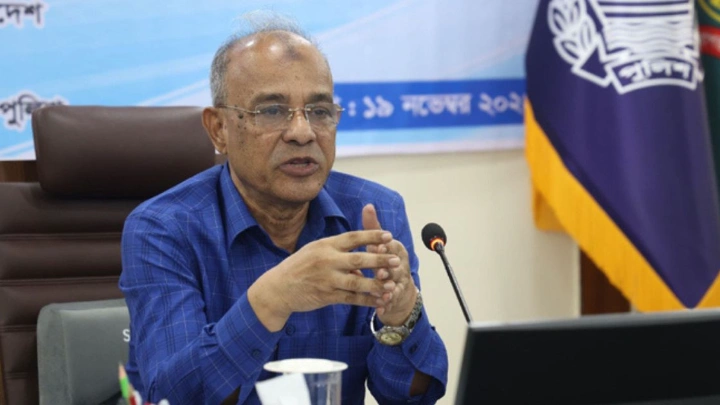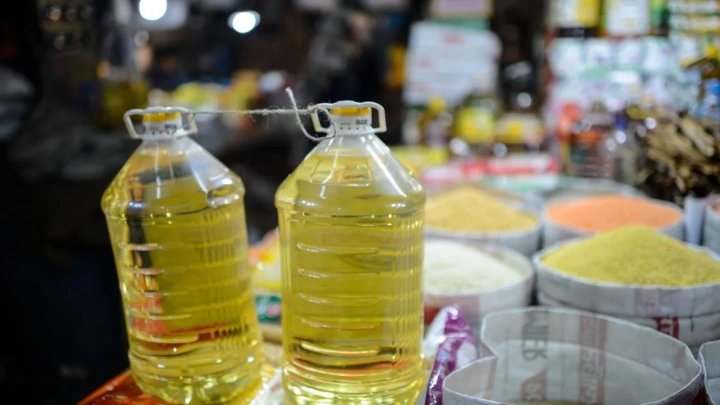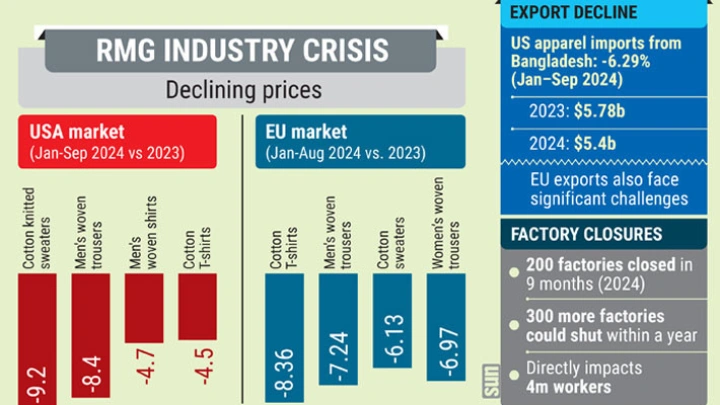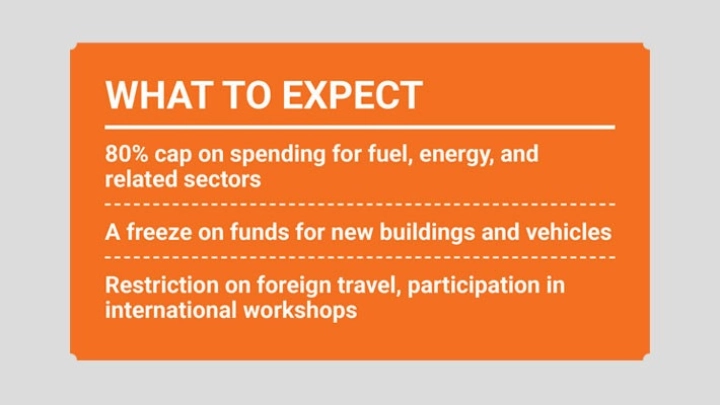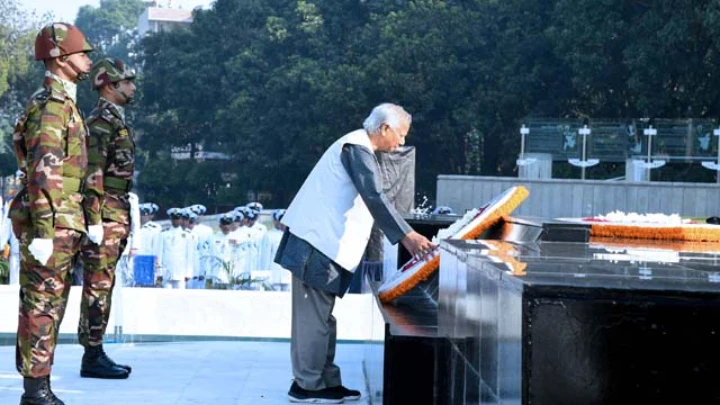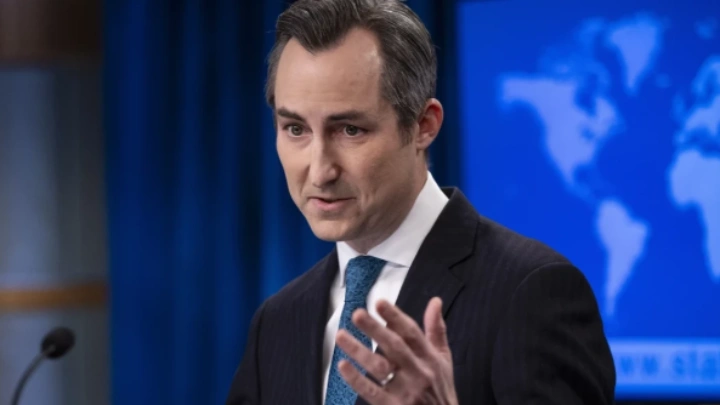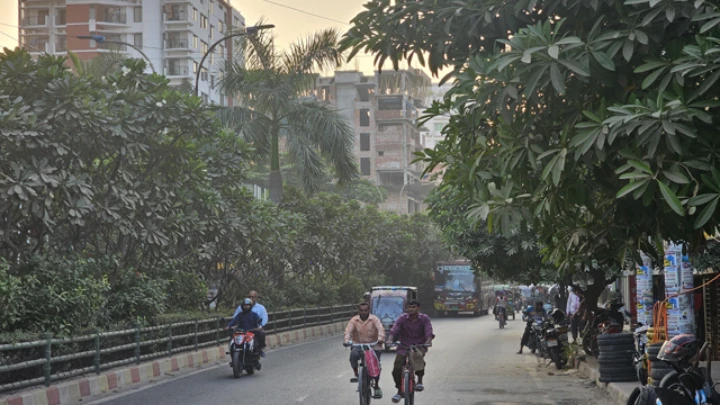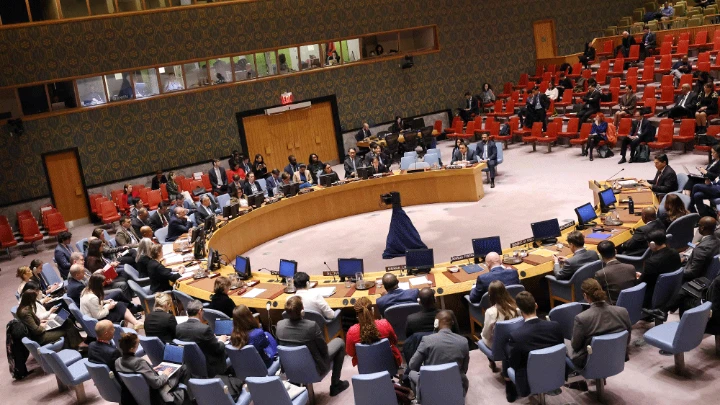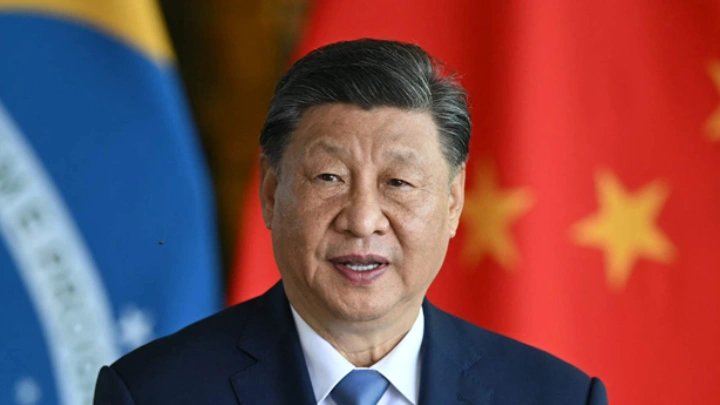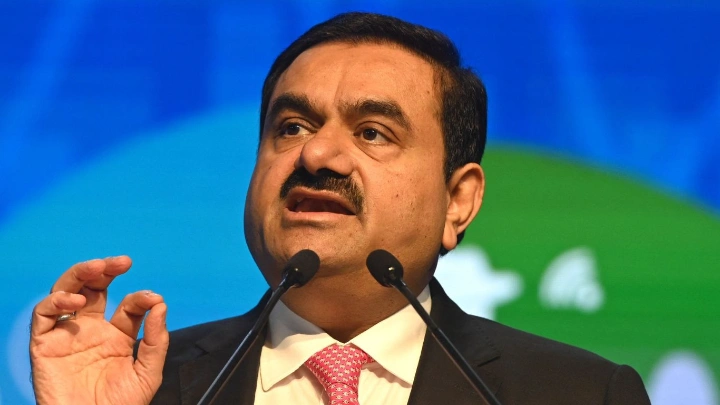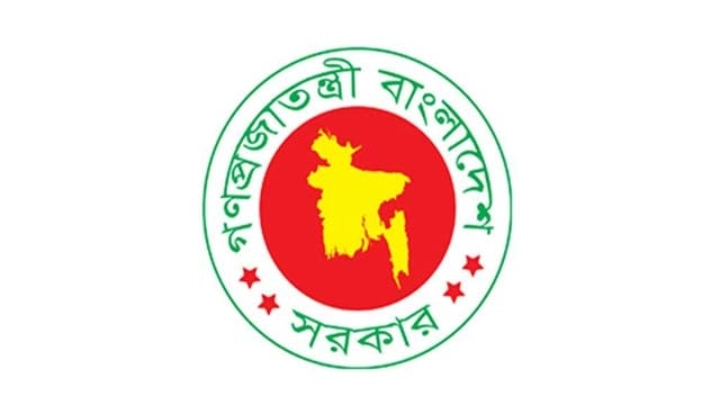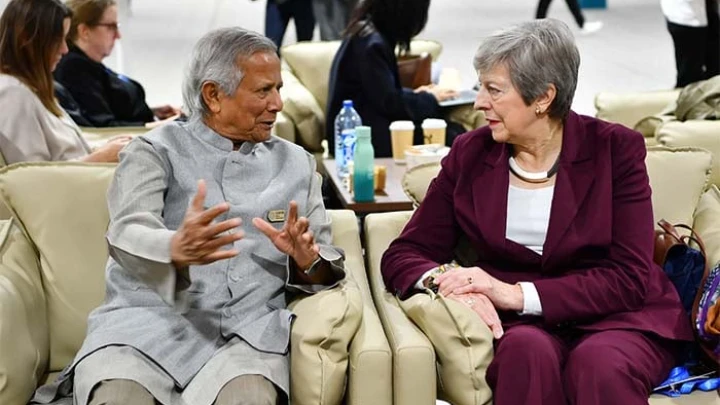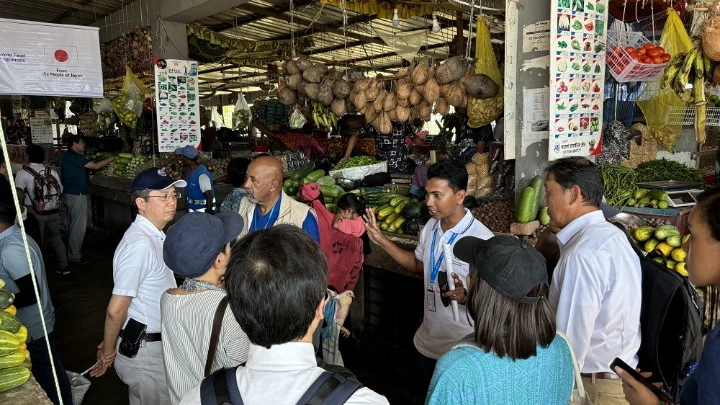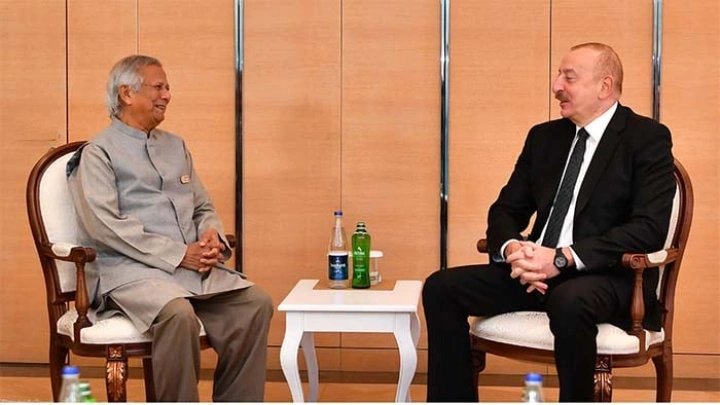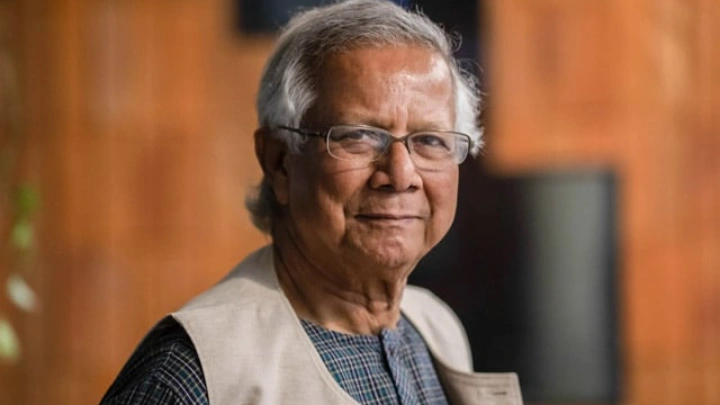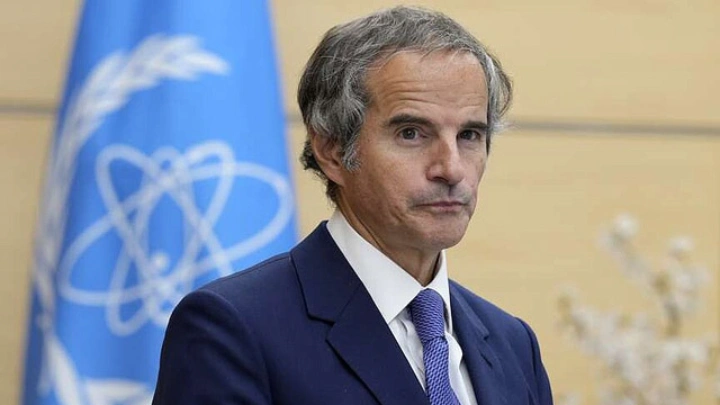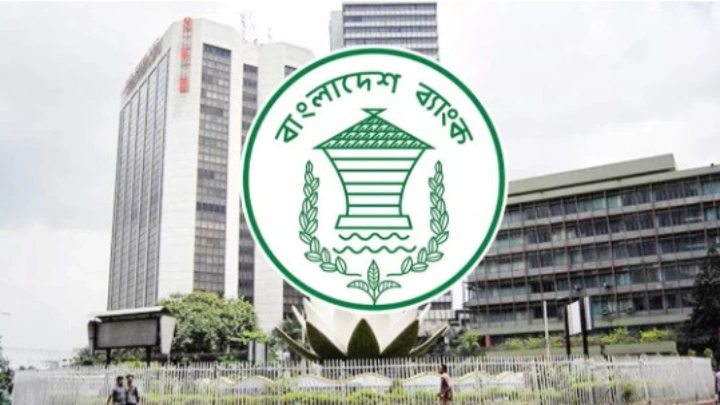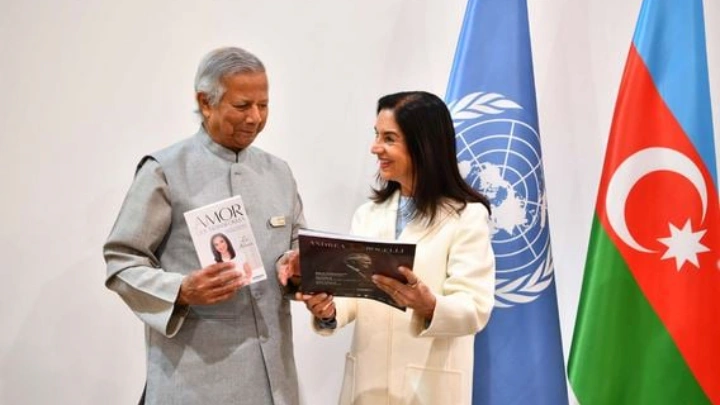Rice prices remain high post-harvest as syndicate’s clout persists
DailySun || Shining BD
Despite the arrival of newly harvested Aman paddy in local markets, rice prices across the country remain unyieldingly high, perplexing consumers and experts alike. In some regions, prices have even climbed further, defying expectations of a seasonal drop.
Sources within the sector told the Daily Sun that this market anomaly is fuelled by an enduring syndicate of mill owners.
Our investigations in Khajanagar, Kushtia – Bangladesh’s second-largest rice production hub – also have highlighted the significant influence of this group.
Allegations run rife that a powerful syndicate of 10 mill owners dominates the Khajanagar rice market, operating under the political protection of successive governments. These individuals are accused of manipulating paddy and rice markets, using various pretexts to inflate prices. A long-standing problem
Kushtia’s Khajanagar is home to approximately 250 auto rice mills, of which 50 are major operations. Among these, 31 mills play a critical role in supplying Miniket rice across the country, including to Dhaka.
However, control of the market is reportedly concentrated in the hands of 10 influential mill owners, who are accused of stockpiling rice and creating artificial shortages to justify price increases.
These 10 mill owners control an estimated 60% of local paddy and rice storage, effectively dictating market dynamics. Observers allege that the syndicate enjoys political protection, with eight members directly affiliated with the Awami League.
The syndicate reportedly includes Abdur Rashid (Rashid Agro Food Products Ltd.), Jinnah (Subarna Rice Mill), Abdus Samad (Swarna Rice Mill), Jiku (Golden Rice Mill), Abu Zafar (Zafar Agro Food), Omar Faruq (Fresh Agro Food), Arshed Ali (Dada Rice Mill), Hazrat Ali (Pragati Rice Mill), Mofiz Uddin (Four Star Rice Mill), Tofazzal Bepari (Bepari Rice Mill). Among them, four hold formal positions in the Awami League, while the remaining members, though not politically active, maintain close ties to the syndicate.
Recently, Abdur Rashid, owner of Rashid Agro and president of the Bangladesh Kushtia Auto Mill Owners’ Association, was arrested, drawing public attention to the syndicate’s activities.
Allegations and counterclaims
Smaller mill owners in Khajanagar have long accused the syndicate of destabilising the market.
Abdul Khaleq, owner of Desh Agro Food and one of the region’s larger millers, acknowledged the presence of a “kind of syndicate” in Khajanagar but argued that national rice prices are primarily influenced by ten corporate giants rather than local millers. “The price of the rice we produce depends on the availability of paddy in the local market,” Khaleq explained.
“However, the arbitrary pricing strategies of these corporate companies operate independently of paddy supply,” he added.
Kushtia district BNP leader and Kushtia Auto Mill Owners’ Association Secretary Zainal Abedin also confirmed that some unscrupulous mill owners manipulate prices.
However, he predicted that prices would fall once the ongoing harvest is complete, noting that only 40% of paddy has been harvested so far.
Government response
Kushtia’s Senior Agricultural Marketing Officer Sujat Hossain Khan confirmed allegations of stockpiling by certain mills in Khajanagar.
He emphasised that “major operations” are required to dismantle the syndicate, as minor crackdowns have proven ineffective.
Speaking to the Daily Sun, Kushtia Deputy Commissioner (DC) Toufiqul Rahman assured that regular monitoring and dialogue with mill owners are ongoing to maintain price stability.
He expressed optimism that rice prices would decrease as newly harvested paddy enters the market after processing.
Shining BD

